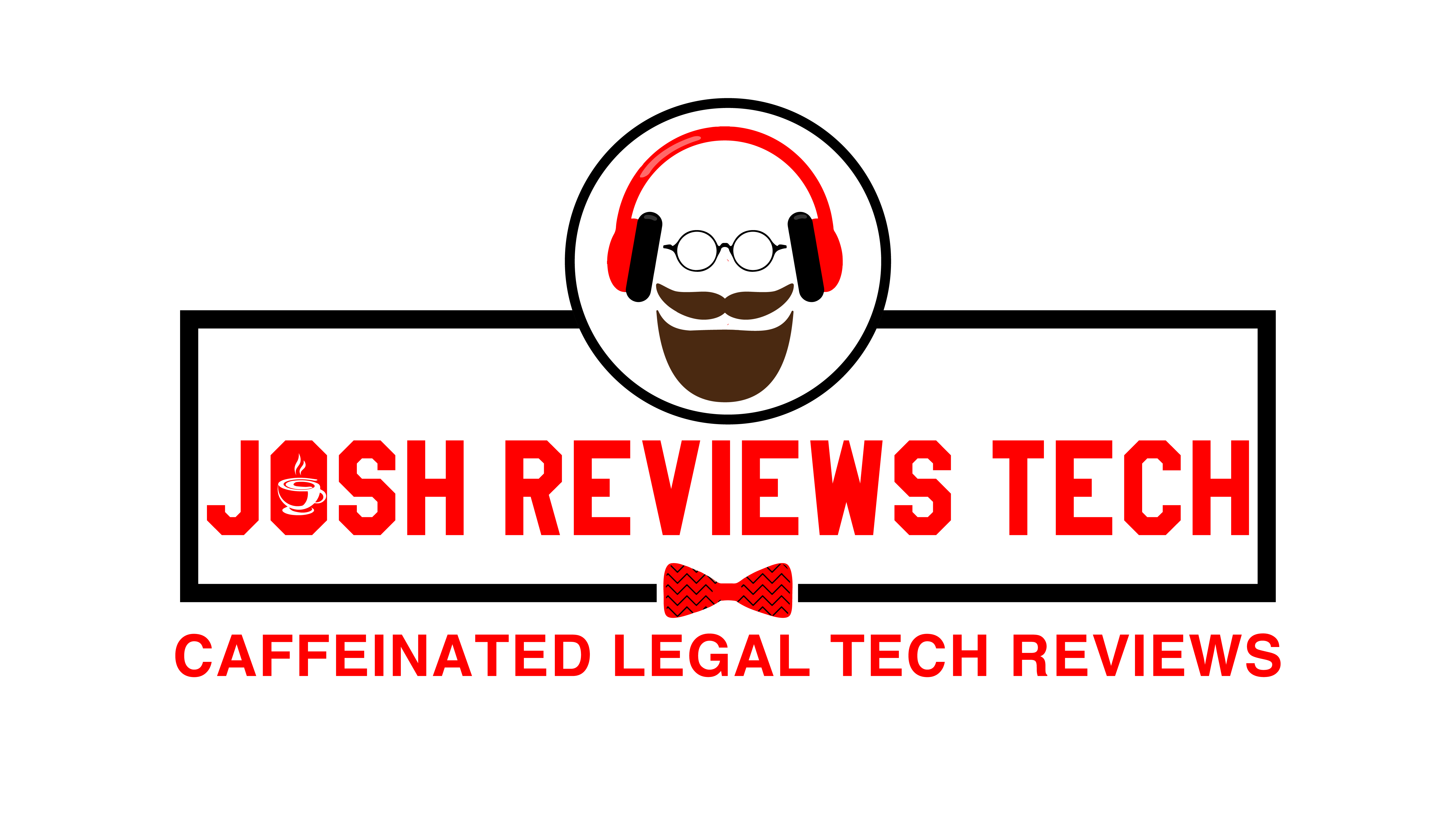But it won’t take us down the way you think.
Law librarians, junior associates, and CaseText breathed a sigh of relief last week. They still all have jobs.
An attorney in New York used ChatGPT to write an entire pleading. He didn’t edit it. Didn’t cite-check it. Just copied, pasted, and filed. Whoops.
As it turns out, the very obvious warning from the popular generative AI website is true: sometimes ChatGPT makes stuff up.

When confronted on the fabricated case law, both the lawyer and ChatGPT doubled down. The lawyer asked ChatGPT if the cases were real. After all, they had real citations to actual legal reporting services. ChatGPT assured the lawyer, who then assured the court they were real.
Of course, I wouldn’t be writing this article if the cases were real.
That attorney is now facing sanctions and disciplinary action, as is his entire law firm. This may be the first example of an AI platform causing a lawyer to lose their job.
How this Debacle is Shaping the Legal Landscape
In typical lawyer fashion, most law firms will not have any response to this news. If the managing attorneys at the firms even understand what ChatGPT is or the uses of generative AI, they will be in the minority.
But that has not stopped courts from responding. For example, one federal judge in Texas has already updated his courtroom rules, requiring lawyers to attest that they did not rely on generative AI to draft the pleadings, and that all of the citations in the pleadings are real. And this is likely just the beginning of how generative AI will change the legal landscape.
The next phase will be the clients and the large corporate firms. Some will want assurances that AI is not being used to handle their work. Other firms will pledge not to use AI. It will create a dichotomy in the legal landscape. Other lawyers, this one included, will begin and continue using generative AI to their advantage. They will lean into tools and services which can help them deliver legal services in less time, with greater profits and (hopefully) better results.
Understanding AI will Soon be an Ethical Requirement
The Model Rules of Professional Conduct require lawyers to be competent in the areas of law they practice. The comments to Rule 1.1 speaks to technological competence:
To maintain the requisite knowledge and skill, a lawyer should keep abreast of changes in the law and its practice, including the benefits and risks associated with relevant technology, engage in continuing study and education and comply with all continuing legal education requirements to which the lawyer is subject.
While no lawyers will face discipline for simply not using or caring about AI, the misuse, as we have already seen, will be grounds for discipline, and likely will constitute a violation of Rule 1.1.
Before the pandemic, this technological competence set the floor for understanding social media and cloud computing. Since then, cloud computing has become table stakes, with cyber security coming to the forefront. As generative AI tools, especially those targeted to lawyers, grow, understanding them and the associated dangers will be the new norm.
How Lawyers Can Effectively and Ethically Use AI Today
From LexisNexis to CaseText and even some practice management systems, almost every SaaS platform for lawyers is working on an AI component. There are drafting tools and plugins specifically targeted and sold to lawyers.
These tools can save time, reduce client costs, and increase efficiency and accuracy. As long as you’re not an idiot.
If you’re like me, you hate staring at a blank page. This is really where generative AI shines. It can take you from a blank page to a written document. Even if you end up editing 95% of the document, sometimes that little nudge is enough to get you started. To that end, I have used generative AI to do a lot of demand letters and email responses to opposing counsel. The key is never to use real names or disclose identifiable information.
Generative AI is just one piece of the AI puzzle that lawyers will confront in the coming months and years. AI will help us with discovery review, reviewing lengthy form contracts, and handling our schedule. And if we are not ready, we will get left in the digital dust.
Are you using AI in your practice? Would you care if your lawyer did? Let us know in the comments.
